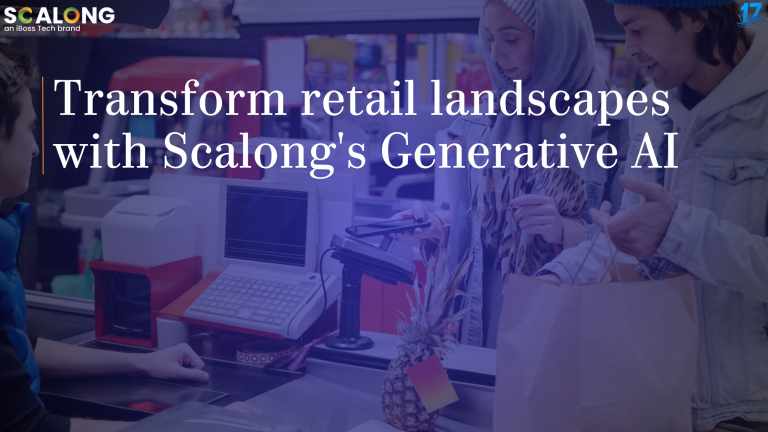Introduction:
In the era of rapid digital transformation, where data and information overflow, effective knowledge management becomes the linchpin for businesses striving to remain competitive. This blog delves into the transformative potential of Generative AI, shedding light on key concepts, challenges, solutions, and real-world examples that underscore the critical importance of harnessing this technology for knowledge management.
1.Understanding Knowledge Management:
•Knowledge management is the systematic process of organizing, storing, and utilizing insights, expertise, and understanding sourced from the vast pool of digital data available today. Knowledge management is the systematic process of organizing, storing, and utilizing insights, expertise, and understanding sourced from the vast pool of digital data available today.
•It underscores the critical importance of effectively managing knowledge resources to maintain a competitive edge in the business landscape.
•By highlighting the strategic significance of knowledge management, businesses can better appreciate its role in fostering innovation, enhancing decision-making processes, and ultimately driving success.
2.The Challenge of Accessing Relevant Knowledge:
•Many organizations face significant hurdles in accessing pertinent knowledge when needed.
•The inability to access the right knowledge at the right time can hinder decision-making processes and impede overall competitiveness.
•Examples are provided to illustrate how this knowledge gap can manifest in various scenarios, showcasing its detrimental effects on organizational progress and growth.
3.Introduction to Generative AI for Knowledge Management:
•Generative AI emerges as a promising solution to the challenges encountered in knowledge management.
•It is introduced as a technology capable of accessing documents and extracting relevant knowledge through conversational AI interfaces.
•The section emphasizes the transformative potential of Generative AI in facilitating efficient knowledge retrieval and dissemination processes within organizations.
4.Benefits of Generative AI for Knowledge Management:
•Incorporating Generative AI offers several advantages, including enhanced accessibility to relevant knowledge resources.
•Time-saving features inherent in Generative AI streamline knowledge retrieval processes, thereby optimizing employees’ productivity.
•By providing stakeholders with access to pertinent knowledge, Generative AI empowers organizations to make more informed decisions, ultimately driving improved outcomes.
5.Real-world Applications of Generative AI in Knowledge Management:
•Real-world case studies are presented to demonstrate successful implementations of Generative AI in diverse industries.
•These examples highlight how Generative AI-powered conversational AI interfaces are revolutionizing traditional knowledge retrieval methods.
•By showcasing tangible instances of Generative AI’s impact, businesses can better understand its potential applications and benefits in their respective contexts.
Conclusion:
As we recap the journey through effective knowledge management and the role of Generative AI, it becomes evident that this technology is a game-changer. Bridging the knowledge gap is essential, and Generative AI stands as a powerful ally in achieving this. The blog concludes with a call to action, urging businesses to explore and adopt Generative AI solutions for effective knowledge management, thus paving the way for a more informed, efficient, and competitive future.
By leveraging Generative AI, businesses can not only manage their knowledge effectively but also propel themselves into a new era of innovation and success.




